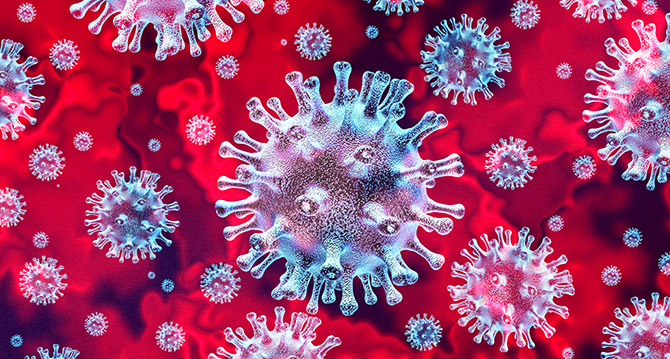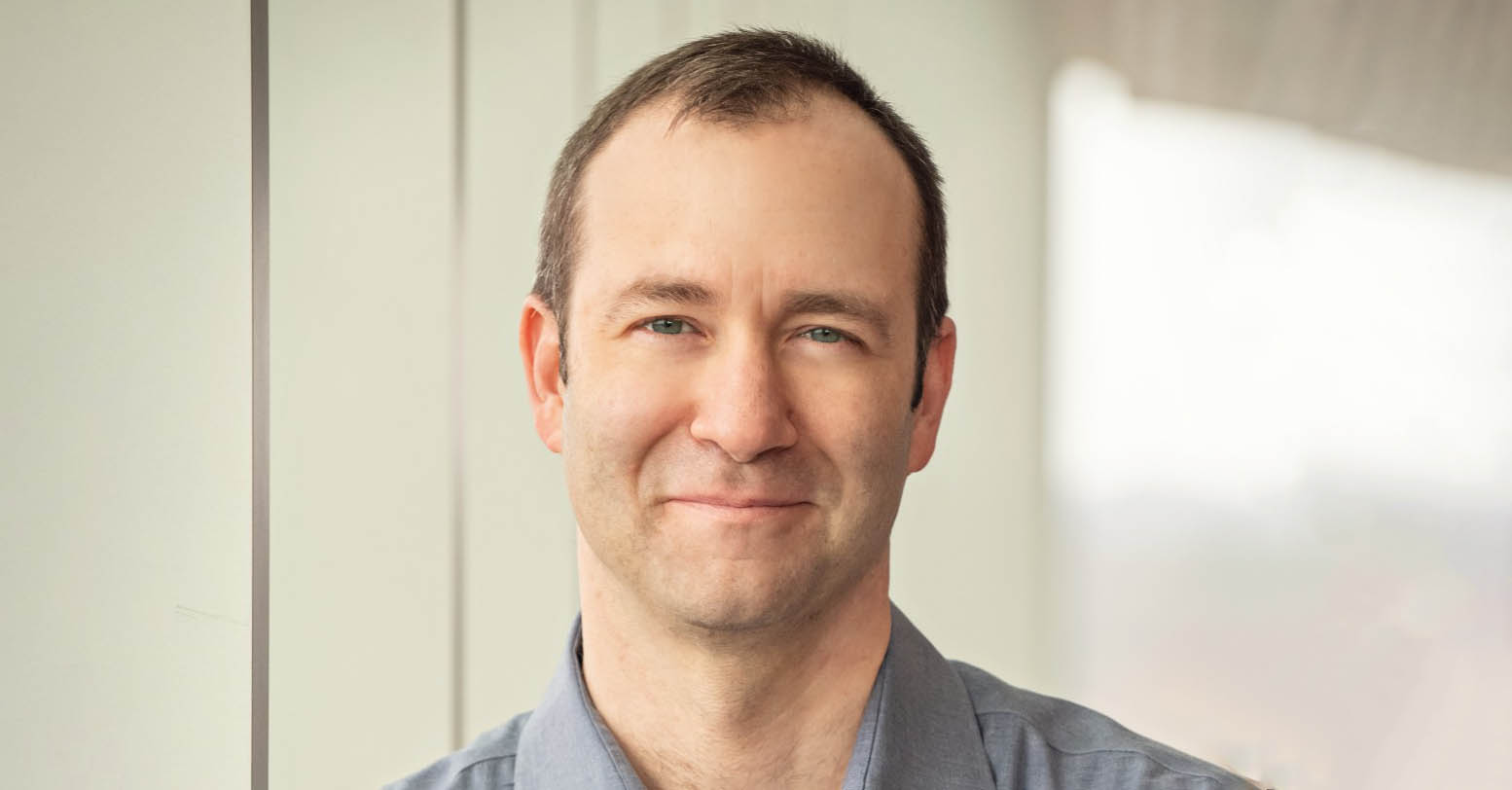
COVID-19 Should Become Seasonal, Michigan Public Health Researcher Says
Q&A with Rafael Meza
A University of Michigan epidemiologist believes that COVID-19 will become a seasonal disease, likely in the fall and winter seasons.

A University of Michigan epidemiologist believes that COVID-19 will become a seasonal disease, likely in the fall and winter seasons.

A $6 million grant from the Centers for Disease Control and Prevention awarded this week to the University of Michigan will support researchers so they can partner with communities on innovative projects that ultimately aim to reduce youth firearm violence.

A trio of University of Michigan studies shows that urban and suburban neighborhoods that provide opportunities for socialization, physical activity and intellectual stimulation may help preserve older adults' cognitive health.

President Joseph Biden named Christopher Friese among seven new members of the National Cancer Advisory Board, an elite group of 18 cancer clinicians and researchers who play an important role in guiding the director of the National Cancer Institute in setting the course for the national cancer research program. Friese’s term will last six years.

A new study provides stark statistics about a reality that 6 million Americans with dementia and their families live every day: one where people with dementia receive hundreds of hours a month in unpaid care from spouses, adult children and other relatives, and where some rely on paid help including nursing home care.

Banning menthol flavors in cigarettes could reduce smoking by 15% by having smokers giving up tobacco products altogether or switching to e-cigarettes and other nicotine vaping products—avoiding 16,250 tobacco-related deaths per year by 2060, according to a new University of Michigan study.